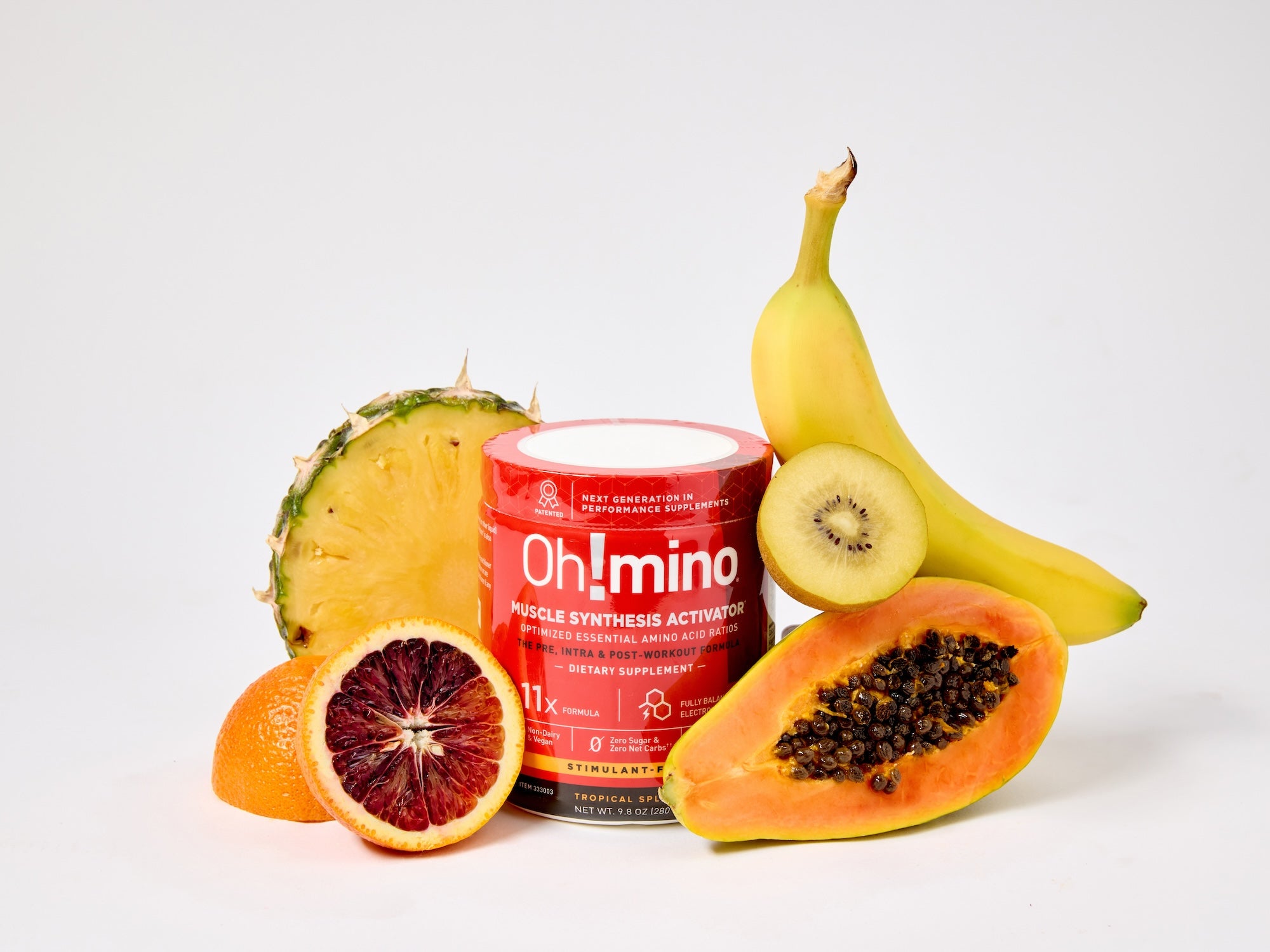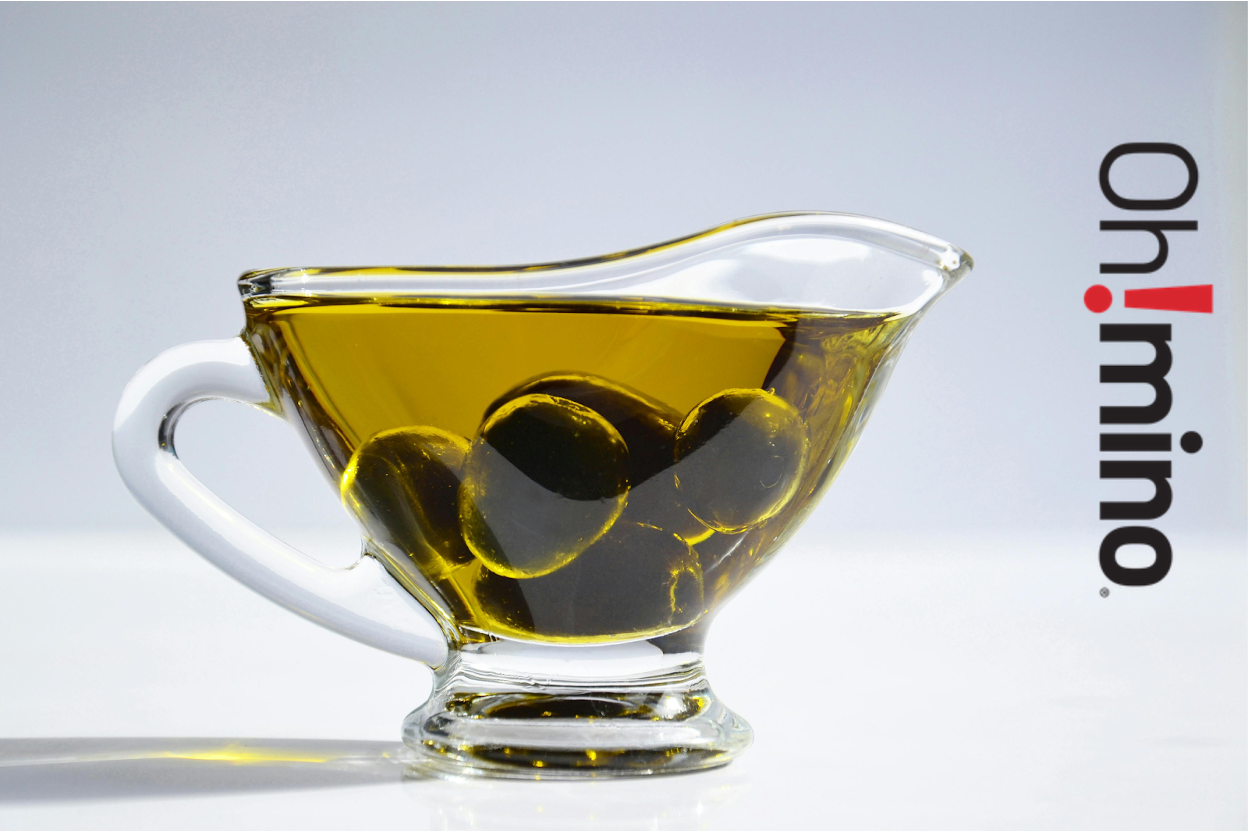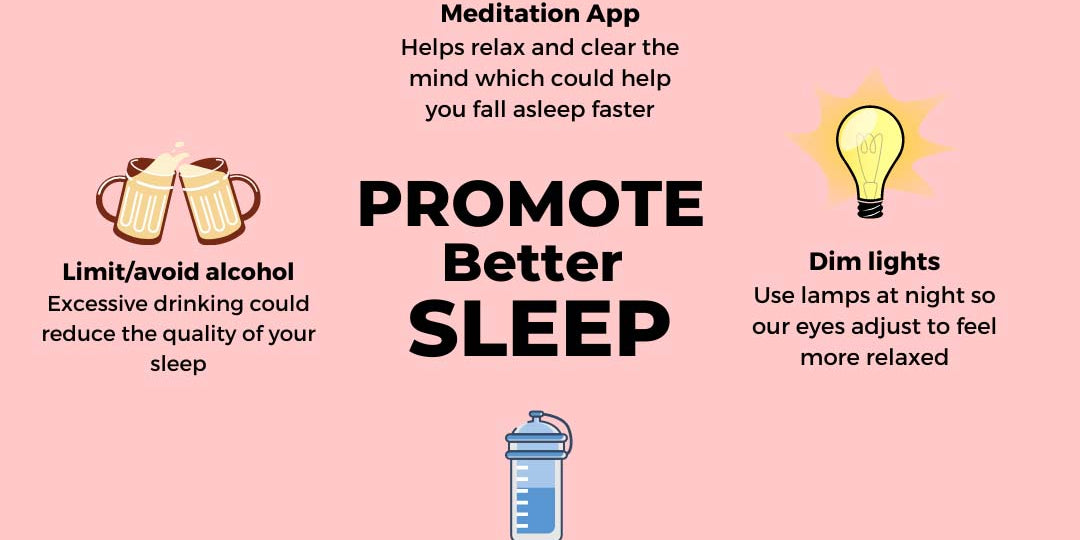Key Takeaways
-
Most vegetable and seed oils are highly processed and loaded with omega-6, which can trigger inflammation, disrupt hormones, and harm long-term health.
-
Seed oils are hidden in packaged foods, restaurants, and even “natural” products, making overconsumption almost unavoidable.
-
Excess seed oils can disrupt hormone balance, contribute to obesity, increase heart disease risk, and hinder fitness recovery and performance.
-
Switching to stable, nutrient-rich fats like olive oil, coconut oil, grass-fed butter/ghee, avocado oil, or animal fats supports health, metabolism, and cooking stability.
-
Oh!mino® provides clean, science-backed supplements that supply essential nutrients, support recovery, enhance performance, and complement a healthier, seed-oil-free diet.
The Hidden Dangers Lurking in Your Kitchen Cabinet
If you’re like most people, you’ve probably got a bottle of “vegetable oil” in your kitchen. It seems harmless, it’s plant-based, widely used, and often marketed as heart-healthy. But here’s the truth: that bottle could be silently undermining your health.
Most vegetable oils are highly processed, stripped of nutrients, and loaded with omega-6 fatty acids that, when consumed in excess, can fuel inflammation, disrupt hormone balance, and even contribute to long-term health concerns.
|
Oh!mino©: Elevate Your Performance. Accelerate Your Recovery. Science-Backed Superiority for Every Fitness Journey Power Your Goals with Proven Results:
The Oh!mino® Advantage: ✓ Patented formula that’s 11x more effective than protein, 20x more effective than BCAAs Choose Your Perfect Formula: Available in refreshing Tropical Slash or Berry Blast flavors, with stimulant-free or caffeinated options. Prefer capsules? We've got you covered with the same powerful formula. Take before, during, or after training—one solution for your entire workout. |
What Are Seed Oils and Why They're In Everything
Seed oils are oils extracted from the seeds of plants. Common examples include:
-
Canola oil
-
Soybean oil
-
Corn oil
-
Sunflower oil
-
Safflower oil
-
Cottonseed oil
-
Palm kernel oil
While their origins sound wholesome, the reality is far from natural.
Common Types of Seed Oils to Watch For
You’ll spot them on ingredient labels under names like “vegetable oil,” “soy oil,” or “canola oil.” They’re popular with manufacturers because they’re cheap, have a long shelf life, and are easy to blend into packaged foods.

Many vegetable oils are highly processed and stripped of nutrients before reaching your kitchen.
Toxic Processing Methods Used to Make Seed Oils
Unlike cold-pressed olive oil, seed oils are typically extracted with high heat and chemical solvents. They’re then deodorized and refined to mask the rancid odor. By the time they hit your kitchen, they’ve been transformed into something far from their natural state.
The Deceptive "Heart Healthy" Marketing
For decades, seed oils have been promoted as heart-healthy alternatives to butter or animal fats. This marketing was built on outdated, oversimplified science that demonized saturated fat, while ignoring the long-term effects of excessive omega-6 polyunsaturated fats.
How These Oils Sneak Into Processed Foods
From crackers and granola bars to frozen meals and salad dressings, seed oils are everywhere. Even many “organic” and “natural” products use them. This makes overconsumption almost unavoidable unless you actively seek alternatives.
How Seed Oils Harm Your Body
What seems like a simple cooking ingredient could be quietly sabotaging your health and fitness goals:
1. Trigger Systemic Inflammation
Our ancestors consumed omega-6 and omega-3 fats in roughly equal amounts. Today, the ratio is closer to 20:1, largely because of seed oil overload. This imbalance promotes chronic inflammation at the cellular level, which can impair immune function, slow recovery after exercise, increase joint discomfort, and even affect mood and brain health.
2. Disrupt Hormone Function
Excessive omega-6 intake and the oxidation of seed oils can interfere with hormonal balance, affecting metabolism, stress response, energy levels, and even appetite regulation.
3. Contribute to Obesity
Seed oils can alter appetite signals and fat storage mechanisms. Combined with inflammation and disrupted metabolism, this may make weight management and fat loss more challenging, even for those following a healthy diet.
4. Linked to Heart Disease
Oxidation and free radical damage from seed oils contribute to cell and tissue stress, damaging blood vessels over time. Emerging studies connect high seed oil consumption to heart disease, diabetes, and metabolic dysfunction, despite decades of “heart-healthy” marketing.
5. Impact on Fitness and Recovery
For those who are active, seed oils can subtly sabotage workout results. Inflammation can slow muscle recovery, reduce endurance, increase soreness, and even interfere with fat metabolism, making it harder to achieve fitness and performance goals.
The Traditional Fats Our Ancestors Thrived On
For centuries, humans relied on fats like butter, ghee, lard, tallow, and coconut oil—all stable, minimally processed, and nutrient-dense. These fats provided essential fat-soluble vitamins, supported hormone production, and offered reliable, slow-burning energy for daily activity. Our bodies evolved to efficiently use these natural fats without triggering chronic inflammation.
In the last century, industrialization replaced these traditional fats with cheap, mass-produced seed oils. Highly processed and rich in omega-6 fatty acids, these oils became a staple in packaged foods, fast foods, and even “health” products. As their consumption skyrocketed, rates of obesity, heart disease, metabolic disorders, and other chronic conditions began to climb, highlighting the unintended consequences of swapping natural, stable fats for heavily refined alternatives.

Healthy fats support fitness and recovery by reducing inflammation and aiding muscle repair.
7 Healthier Alternatives to Use Instead
Swapping out seed oils for stable, nutrient-rich fats can support your health, fitness, and overall well-being.
-
Extra Virgin Olive Oil — Rich in antioxidants and heart-healthy monounsaturated fats, perfect for dressings, drizzling over dishes, or low to medium-heat cooking.
-
Coconut Oil — Stable at high heat and packed with medium-chain triglycerides (MCTs) that can support metabolism and provide quick energy, ideal for sautéing or baking.
-
Grass-Fed Butter and Ghee — Nutrient-dense, flavorful fats containing fat-soluble vitamins A, D, E, and K2; ghee has a higher smoke point, making it excellent for cooking at higher temperatures.
-
Avocado Oil — High smoke point and rich in monounsaturated fats, versatile for roasting, grilling, and salad dressings while supporting heart health.
-
Animal-Based Cooking Fats — Lard or tallow from pasture-raised animals are minimally processed, heat-stable, and provide long-lasting energy for cooking and frying.
-
Red Palm Oil (Sustainably Sourced) — Vibrant in color, naturally rich in vitamins A and E, antioxidants, and carotenoids; ideal for sautéing or adding a nutritional boost to meals.
-
Macadamia Nut Oil — Mild, buttery flavor and high in monounsaturated fats, perfect for low-heat cooking, salad dressings, or finishing oils to enhance taste and nutrition.
How to Purge Seed Oils From Your Diet
Start scanning ingredient lists carefully. Look for terms like “canola,” “soy,” “corn,” “cottonseed,” “safflower,” “sunflower,” or simply “vegetable oil.” Even products marketed as “healthy” or “natural” often contain hidden seed oils.
When eating out, don’t be afraid to ask what oil is used for cooking. Many restaurants rely on seed oils by default. Opt for grilled, steamed, or baked dishes, and request butter or olive oil whenever possible to reduce exposure.
Swap seed oils in stages to make the change sustainable. Start by replacing your main cooking oil, then move on to salad dressings, sauces, and packaged snacks. Gradual changes make it easier to stick with healthier fats long-term.
Support Your Fitness Goals with Oh!mino®
Even when you make healthier dietary choices and reduce seed oils, your body still needs clean, effective nutrition to maximize recovery, build muscle, and maintain performance. Oh!mino® is formulated with health in mind: it contains no sugar, no carbs, no artificial fillers, and is low-calorie (15 kcal per serving), vegan, dairy-free, gluten-free, and non-GMO. A fully balanced electrolyte blend of sodium, potassium, and magnesium provides performance benefits similar to a sports drink.

From energy boost to recovery, Oh!mino offers comprehensive support for a healthier, fitter you.
Oh!mino has a range of science-backed products to support every stage of your training:
-
Muscle Synthesis Activator delivers all nine essential amino acids, including the crucial BCAAs, L-Leucine, L-Isoleucine, and L-Valine, in an optimized ratio. Its patented formula stimulates muscle protein synthesis 11x more effectively than whey protein and 20x more than BCAAs, while accelerating recovery by up to 373%.
-
Creatine Complex enhances muscle power, strength, and size with a patented dual-form creatine formula.
-
Nitric Oxide Booster improves blood flow and muscle pump during workouts, boosting strength, endurance, focus, and recovery.
Available in stimulant-free or caffeinated versions, capsule or powder formats, Oh!mino provides clean, convenient, and comprehensive support to fuel your fitness the healthy way.
Fuel your fitness the healthy way. Start your Oh!mino journey now!
Frequently Asked Questions (FAQs)
Are all plant oils equally harmful or just seed oils?
No. Not all plant oils are harmful. Cold-pressed oils like olive, avocado, and coconut are healthy and stable. The main concern is highly processed seed oils, which are high in omega-6 and promote inflammation when consumed in excess.
What about high-oleic versions of seed oils? Are they better?
High-oleic seed oils are more stable than standard seed oils, but they are still processed and refined. They’re better than regular seed oils but should be used sparingly. Whole, minimally processed oils remain the healthiest choice.
Can I still eat at restaurants if I'm avoiding seed oils?
Yes, you can, but you need to be proactive. Ask what oils are used, choose grilled, baked, or steamed dishes, and request healthier alternatives like butter, ghee, or olive oil whenever possible to reduce seed oil intake.
How long does it take to see benefits after removing seed oils?
Some people notice improvements, like less bloating or joint discomfort, within a few weeks. Deeper benefits, including better recovery, reduced inflammation, and improved metabolism, usually develop gradually over several months of consistent dietary changes.
What is Oh!mino®, and how can it help?
Oh!mino® is a clean, science-backed supplement range that complements a healthier diet low in seed oils. Our Muscle Synthesis Activator provides essential amino acids; our Creatine Complex boosts strength and power; and our Nitric Oxide Booster supports endurance and circulation, helping reduce inflammation, improve recovery, and enhance overall fitness results.





